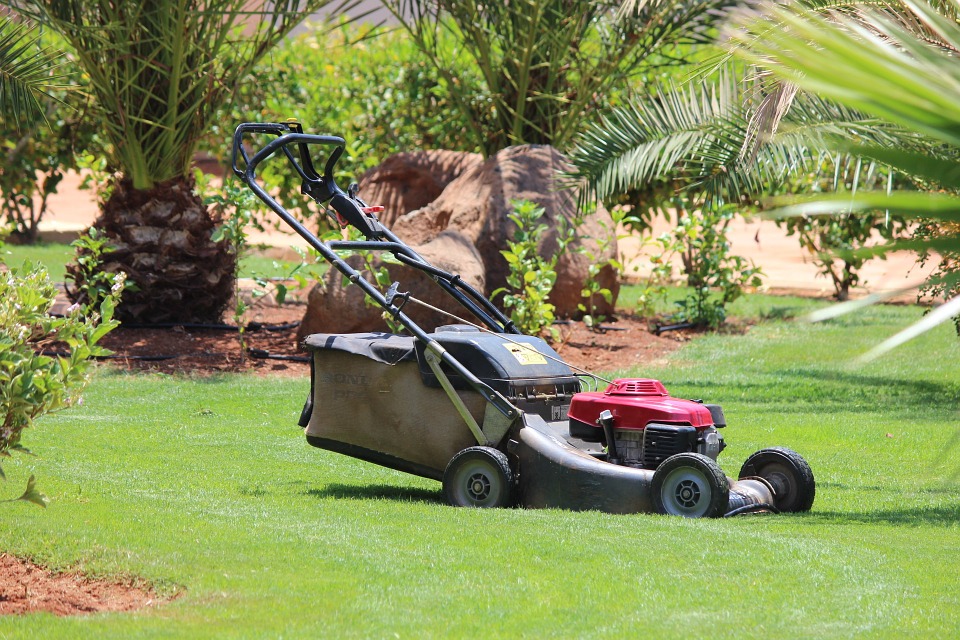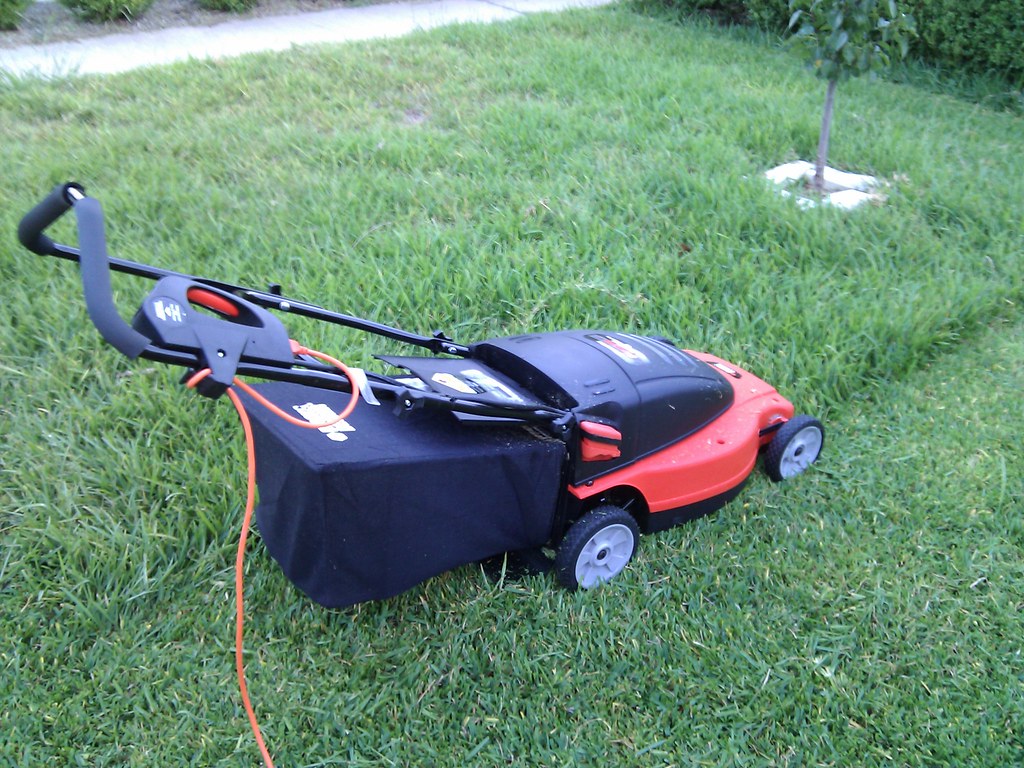Mowing the lawn is one of those chores that many homeowners dread, but it’s important to do nonetheless. Not only does it help keep your lawn looking neat and tidy, but mowing also helps to encourage thick grass growth. In between regular fertilizing, irrigation, and other lawn care treatments, mowing is a vital part of maintaining a healthy lawn.
Given all the work that goes into lawn care, some gardeners are tempted to take shortcuts. It’s easier to leave grass clippings on the lawn rather than taking the time to bag them up, but is this a good idea if you have weeds?
Bagging Grass Clippings: Good or Bad?
On a general note, healthy grass can actually benefit from having grass clippings left on the lawn. The clippings quickly decompose and release nutrients back into the soil, which helps to fertilize your lawn naturally.
If you come to think of it, it helps encourage microorganisms such as earthworms, which are great for aerating the soil. Not to mention, it can also help reduce thatch buildup. Leaving them on your lawn is a form of recycling the grass’ nutrients and is similar to adding nitrogen to your lawn. As we all know, nitrogen helps keep the grass green and healthy.
That being said, there are exceptions to this rule. Bagging grass clippings should always be done if your lawn is infested with weeds like crabgrass, dandelions, or thistles.
These weeds spread rapidly and easily, and their seeds can hitch a ride on your grass clippings. If you leave the clippings on your lawn, you’re essentially giving these weed seeds a free ride to a new spot where they can germinate and grow.
When is Bagging Important When Mowing Your Lawn?
As mentioned earlier, there are certain requirements to meet if you decide to leave your grass clippings on the lawn. The grass needs to be healthy, with little to no thatch buildup.
Otherwise, here are some instances where bagging grass clippings is crucial:
1) When You Have Extremely Overgrown Grass
Extremely long clippings from your overgrown grass can actually smother the lawn and prevent sunlight and air from getting to the grass blades. Unless you mow your lawn regularly, it’s best to bag the clippings to avoid this.
Aside from preventing sunlight and air from getting to the blades, long clippings can also prevent water from seeping through and reaching the roots. If you live in an area with little rainfall, this can be a huge problem as your grass won’t get the hydration it needs to survive.
In short, if you have extremely overgrown grass, it’s best to bag the clippings until you’ve mowed it down to a manageable length.
2) Weed-Infested Lawn
As we’ve mentioned, you should always bag your grass clippings if your lawn is infested with weeds. The last thing you want is to spread the weed seeds around and make the problem worse.
Certain weeds, such as crabgrass, are annual weeds. This means that they only live for one growing season before dying off. However, their seeds can survive over the winter and will germinate come springtime.
By bagging your clippings, you can prevent these weed seeds from being spread around and causing more problems for your lawn.
With that being said, clippings, if you have weeds, shouldn’t be added to your compost pile. The heat generated from composting won’t be enough to kill the weed seeds, and you’ll end up with a weed-infested compost pile.
3) Diseased Lawn
Diseases can also spread through grass clippings, so if your lawn is diseased, it’s best to bag the clippings. Fungal diseases, in particular, are known to spread through clippings and can quickly infect an entire lawn if left unchecked.
4) If You Have Pets
If you have pets, you’ll need to be extra careful about leaving grass clippings on the lawn. Animal waste in contact with grass clippings can contaminate them and spread diseases.
Ensuring that you tidy up after your pet immediately can help to reduce the risk of contamination. However, it’s still best to err on the side of caution and bag your clippings just to be safe.
5) When Mowing in Dry Conditions
Dry clippings can actually create a barrier on the surface of the lawn that prevents water and air from getting to the grass blades. This can cause your grass to become stressed, making it more susceptible to disease and pests.
If mowing in dry conditions, it’s best to bag your clippings until the lawn is hydrated again. You can also use a mulching blade to chop the clippings into smaller pieces that will quickly decompose.
Should I Bag My Grass Clippings if I Have Weeds: Final Thoughts
There are certain instances where grass clippings are best left on your lawn, but bagging weeds is always the best course of action if you have weeds. Doing so will prevent the weed seeds from spreading and causing more problems down the road.
Related Article: Can You Mow in the Rain?

